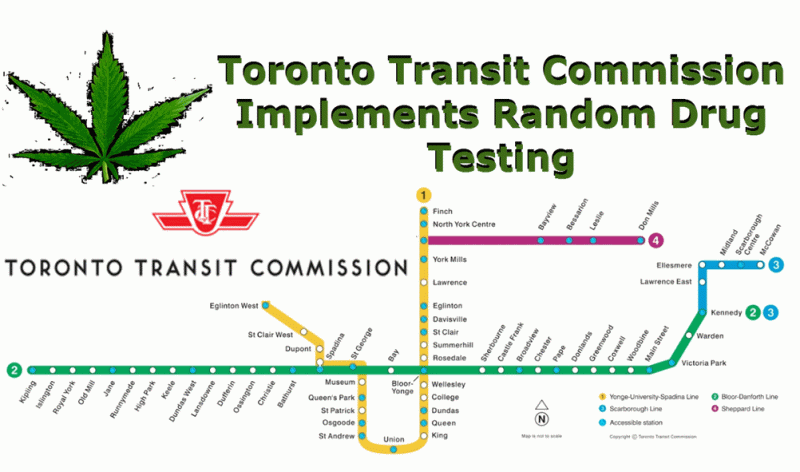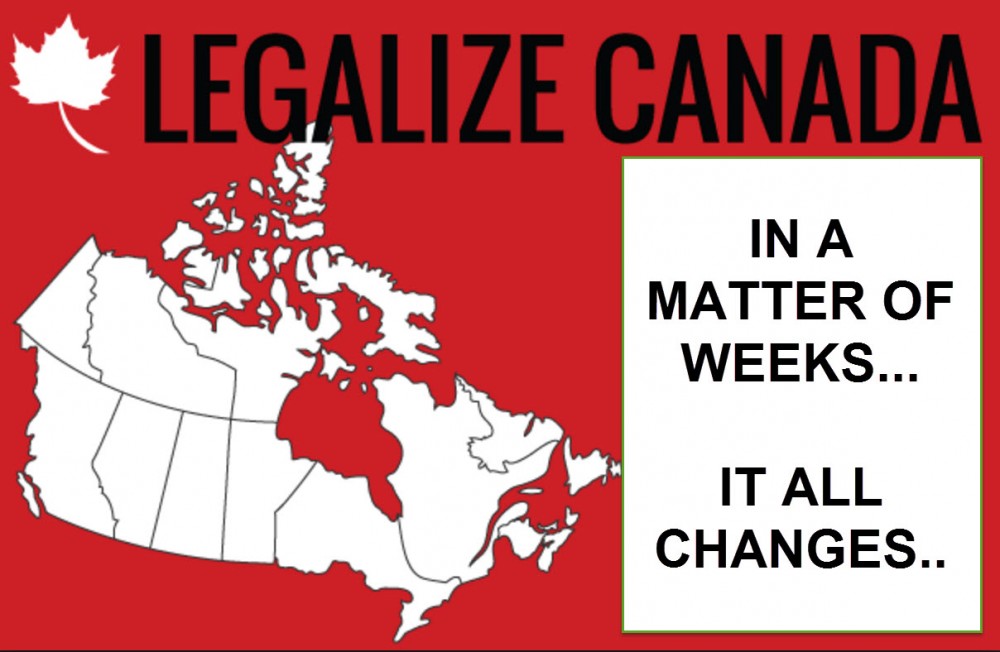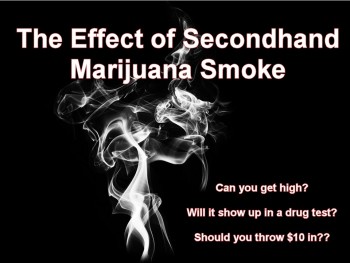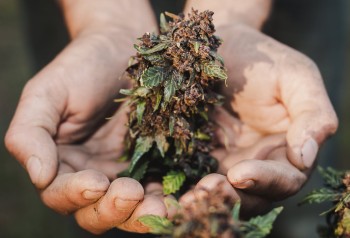Toronto Transit Commission Implements Random Drug Testing
In light of the positive news surrounding legalization in Canada, some are concerned about its impact on employment especially on safety-sensitive jobs.
The Toronto Transit Commission (TTC) just got approval to conduct random drug and alcohol testing on 10,000 of their employees including those in safety-sensitive positions as well as the executive level. This may seem right, considering that there were 3 safety-related incidents in 2015 wherein transit operators who suffered from collisions tested positive for drugs.
TTC will be utilizing oral swabs to determine the presence of cannabis and other drugs while a Breathalyzer will be used to test for booze. This issue both interesting and controversial because it questions the righteousness of employers to randomly test for drugs, and it also raise the question of how we define what safety sensitive roles are.

In Canada, random drug testing has long been a hot topic. There are some guidelines in place for drug testing including: how dangerous the workplace is, evidence of substance abuse issues, testing methods, defining cut-off levels and its use, and others. Justice Marrocco states that the TTC’s case is unique and even says “the TTC is not a typical Ontario workplace” and “safety of millions of TTC passengers” are at risk.
These are other excerpts from Justice Marrocco on his decision:
- For the TTC’s case, the workplace environment is generally the whole of Toronto since it includes the buses, subways, and streetcars that transport people throughout the city;
- The Policy can test 20% of the TTC workforce that fall under the Safety Sensitive, Specified Management, and Designated Executive workforce in one year. In short, all employees have a chance of getting tested within 5 years;
- Drug testing should take place in a secluded location;
- Senior management should also be included in random drug testing;
- Oral fluid tests involves rubbing an item similar to a Q-tip around the interior of a person’s cheek; two samples should be taken – one for testing and another one in the event that the employee wants to have a retesting done.
With regard to cannabis use, the cut-off level has been determined to be 10ng/ml, which is higher than other cut-off policies that are usually 5ng/ml. Oral fluid testing is effective in showing any remnants of THC in the mouth after using cannabis because these remnants tend to stay in the oral cavity several hours after use. Around 4 hours after ingesting cannabis, THC levels fall below the 10ng/ml limit and this will result in a negative test result.
Justice Marrocco also adds, “I am satisfied on the evidence that due to the high cut-off levels set out in the TTC Policy (which are higher than the cut-off levels proposed in the draft SAMHSA Guidelines) and the corresponding short windows of detection, the time periods when oral fluid samples test positive for drugs overlap with the time periods during which these drugs impair the psychomotor and cognitive abilities of the person tested. Therefore, there is a likelihood that the person who tested positive was impaired when tested.”
He also comments on chronic cannabis use: “I recognize that there is also a question about chronic use of marijuana. A chronic user may test positive for THC even if he or she consumed marijuana more than 4 hours before the test due to a build-up of the substance in the body. This does not mean, however, that the chronic user does not still pose a safety risk.” His decision doesn’t expound on including management as well as executives in the drug testing policy; but he does say “TTC management and [emphasis added] its employees, both of whom assist people in making approximately 1.8 million journeys on the TTC’s subway, buses and streetcars every day, expect that steps will be taken to make sure that those in safety critical positions are fit for duty.”

Some in the cannabis community think that the justification for oral swab testing and other testing methods to be used in the TTC case may be reasonable although we’ll have to wait and see how it goes. Random drug testing continues to be a widely debated subject even in cities and states that have legalized cannabis recreationally and medically.
What are your thoughts on the TTC’s case?
OTHER STORIES YOU MAY ENJOY...
WHAT DOES CANNABIS LEGALIZATION MEAN TO CANADA?








